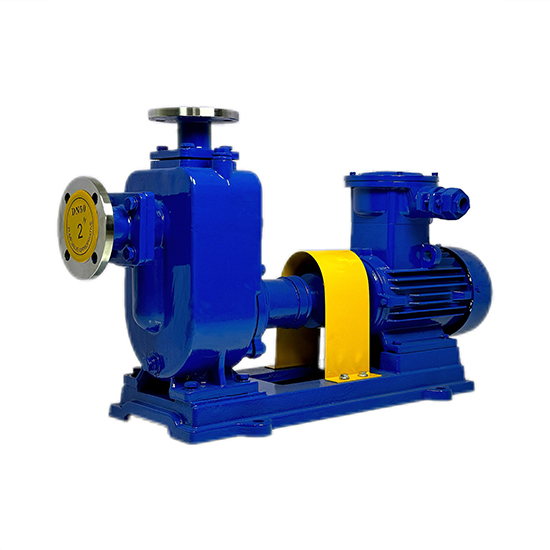In today's fast-paced world, where health and well-being have become paramount, even the clothes we wear can play a significant role in our overall wellness. With an array of fabric options available, it can be challenging to determine which cloth is truly the best for our health. In this comprehensive blog post, we will delve into the depths of various fabrics, exploring their impact on our well-being and uncovering the ultimate choice for optimal health.
- Cotton: The Classic Comfort:
Cotton, a natural fiber, has long been favored for its breathability, softness, and hypoallergenic properties. Its ability to absorb moisture makes it an excellent choice for those with sensitive skin or allergies. Additionally, cotton allows air circulation, preventing the buildup of bacteria and reducing the risk of skin infections. Whether it's a cotton t-shirt or bed sheets, this timeless fabric offers comfort and promotes healthier skin. - Bamboo: The Sustainable Sensation:
Bamboo fabric has gained popularity in recent years due to its sustainable nature and remarkable health benefits. Derived from bamboo pulp, this fabric possesses natural antibacterial and antifungal properties, making it resistant to odor-causing bacteria. Bamboo fabric is also highly breathable, moisture-wicking, and thermoregulating, ensuring comfort in various climates. Its hypoallergenic qualities make it an ideal choice for those with skin sensitivities or allergies. - Merino Wool: Nature's Performance Fabric:
Contrary to common belief, wool can be an excellent choice for health-conscious individuals, especially when it comes to Merino wool. This fine, soft, and breathable fabric offers exceptional moisture-wicking properties, keeping the body dry and comfortable. Merino wool also possesses natural temperature-regulating abilities, making it suitable for both warm and cold climates. Additionally, it is naturally fire-resistant, hypoallergenic, and resistant to odor-causing bacteria, making it an excellent option for outdoor enthusiasts and athletes. - Silk: The Luxurious Elixir:
Silk, often associated with luxury, not only adds elegance to our wardrobe but also offers numerous health benefits. This natural protein fiber is hypoallergenic, gentle on the skin, and helps retain moisture, preventing dryness and promoting healthier hair and skin. Silk's smooth texture reduces friction, minimizing the risk of wrinkles and hair breakage. Moreover, silk's temperature-regulating properties keep the body cool in summer and warm in winter, ensuring a comfortable sleep environment. - Organic Hemp: The Eco-Friendly Marvel:
Organic hemp fabric, derived from the Cannabis sativa plant, is gaining recognition for its eco-friendly nature and remarkable health benefits. Hemp fabric is naturally antimicrobial, hypoallergenic, and UV-resistant, making it an excellent choice for those with sensitive skin or allergies. It is also highly durable, breathable, and moisture-wicking, ensuring comfort and preventing the growth of bacteria. Furthermore, hemp cultivation requires minimal water and no pesticides, making it an environmentally conscious choice.
Conclusion:
When it comes to choosing the best fabric for health, various factors come into play. Cotton offers comfort and breathability, bamboo provides sustainability and antibacterial properties, Merino wool excels in performance and temperature regulation, silk adds a touch of luxury while promoting healthier skin and hair, and organic hemp combines eco-friendliness with exceptional health benefits. Ultimately, the choice depends on personal preferences, sensitivities, and specific requirements. By selecting fabrics that prioritize our well-being, we can enhance our overall health and enjoy the utmost comfort in our daily lives.




More Stories
Blast Off Into Fun: Exploring the Magic of a Space-Themed Indoor Playground
Custom Polyester-Cotton Yarn-Dyed Fabric Solutions for Apparel, Home Textiles, and Workwear
Finery Clothing guide to the most comfortable flocked embroidery hoodies